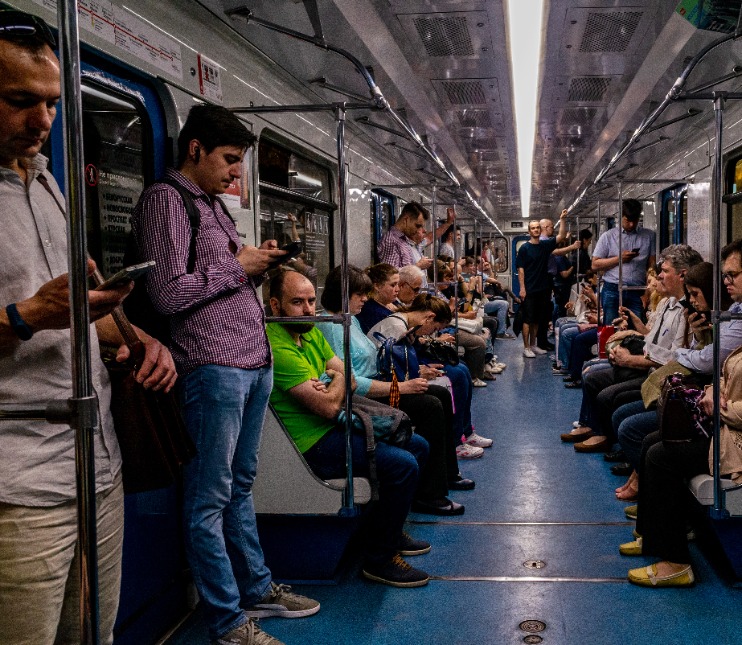Why Russians do not smile

Why Russians do not smile
The Smile Paradox: An Introduction
In the global community, certain cultural norms and customs can sometimes appear peculiar or intriguing to outsiders. The Russian culture is one rich in history, mystery, and enigma. One such peculiarity is the perceived lack of smiles amongst Russians, a characteristic often misunderstood by foreigners. This article seeks to decode this nuanced cultural phenomenon, exploring why Russians do not smile as frequently as people in some other countries.
Cultural Connotations of Smiling
Firstly, it’s crucial to understand that this perception isn’t a reflection of unhappiness, unfriendliness, or insensitivity. In fact, it is deeply rooted in Russian history and social norms. Smiling in Russia has a different cultural connotation than in countries like the United States, where it’s often seen as a polite gesture. Russians reserve their smiles for genuine moments of joy and intimacy, as well as for people they have a close relationship with.
Historical and Linguistic Influences
This cultural norm harkens back to the old Russian proverb: “Smejutsya tot kto smeetsya bez prichini” which translates to “He who laughs for no reason is a fool.” For Russians, smiling without a legitimate reason can be perceived as insincere or superficial. This cultural trait is evident in their language as well. In English, the phrase “to look happy” directly translates in Russian to “look like a happy person,” which implies a more profound and authentic feeling rather than a fleeting emotion.
Impact of History
Moreover, the turbulent history of Russia has significantly influenced their cultural norms. The country has faced an array of hardships and struggles: fierce wars, revolutions, harsh weather, and political unrest. These difficulties have crafted a certain resilience and stoicism in the Russian character, manifesting in their typically serious demeanor.
Educational Reinforcement
Additionally, the educational system in Russia plays a part in reinforcing this norm. From a young age, Russian children are often encouraged to maintain a serious demeanor as a mark of respect for others, particularly in public and formal settings. Hence, the Russian idea of professionalism and respect often equates to a serious expression rather than a broad smile.
Valuing Privacy
Furthermore, the concept of privacy is highly valued in Russian society. Personal feelings and emotions are typically kept private and not openly displayed. This cultural value further amplifies the perceived seriousness in public settings. A smile, being a demonstration of personal feelings, is therefore reserved for genuine, intimate moments.
Beyond the Serious Exterior
It’s important to remember, though, that despite these cultural tendencies, Russians are capable of immense warmth, hospitality, and camaraderie. Visitors to Russia often recount stories of the kindness and warmth they receive once they’ve broken through the initial exterior of seriousness.
Conclusion: Understanding Cultural Differences
In conclusion, the perception that Russians do not smile is a simplification of a nuanced cultural norm that is deeply rooted in the country’s history, values, and language. It is not a marker of rudeness or unfriendliness, but rather a reflection of authenticity, resilience, and respect. Understanding these differences in cultural norms helps to foster greater empathy and unity in our increasingly globalized world.
Smiles Worth the Wait The next time you cross paths with a Russian, remember, a lack of a smile doesn’t indicate a lack of warmth. The stoic Russian exterior often hides a profound sense of compassion and an appreciation for the depth and authenticity of emotions. After all, the most genuine of Russian smiles is well worth the wait!










